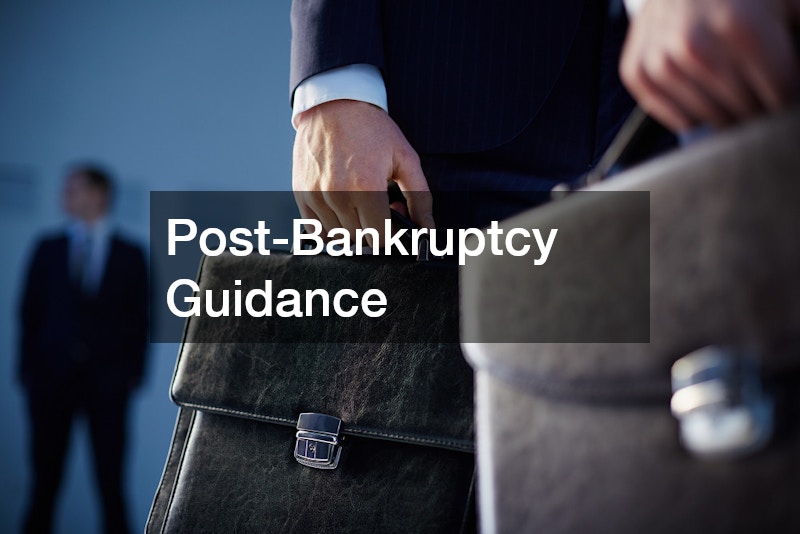Filing for bankruptcy can be an intimidating and complex process. For those considering this option, understanding what to expect when working with a lawyer for bankruptcy is crucial. This decision often comes during a time of financial distress, and having the right legal guidance can make all the difference.
This article aims to provide an in-depth look into what working with a lawyer for bankruptcy entails, ensuring you’re prepared for each step of the process. By understanding the role of a bankruptcy lawyer, you will be better equipped to navigate this challenging time with confidence and clarity.
Initial Consultation
The first interaction you will have with a lawyer for bankruptcy is the initial consultation. This meeting is pivotal as it sets the stage for your working relationship. During this session, the lawyer will gather detailed information about your financial situation, including debts, assets, and income. It is important to bring all relevant financial documents to ensure an accurate assessment. By the end of the consultation, the bankruptcy lawyer should provide you with an overview of your options, including whether bankruptcy is the right path for you.
This is also a time for you to assess the lawyer’s expertise and approach. Pay attention to how well they listen and respond to your concerns, as communication is a key aspect of this relationship. The lawyer should clearly explain the bankruptcy process and answer any questions you might have. During the consultation, you should feel comfortable discussing your financial details openly. Remember, the attorney-client relationship requires trust, so it’s important that you feel confident in your lawyer’s capabilities.
Filing the Petition
Once you’ve decided to proceed, the next phase involves filing the bankruptcy petition. Your lawyer will play a vital role in preparing and submitting the necessary paperwork. This includes gathering detailed financial information and ensuring all documentation is accurate and complete. Errors or omissions in the paperwork can lead to delays or even dismissal of the case. Therefore, having a diligent lawyer for bankruptcy to oversee this process is invaluable.
Throughout this stage, staying organized and responsive to your lawyer’s requests is essential. They may need additional documents or information to ensure everything is properly filed. A good lawyer will keep you informed of any upcoming deadlines or hearings, relieving some of the stress associated with the bankruptcy process. They will also advise you on what actions to avoid, such as incurring new debts, during this period. This guidance helps streamline the process and positions your case for a successful outcome.
Court Proceedings and Hearings
After filing the petition, there will be court proceedings and hearings as part of the bankruptcy process. Your participation can vary depending on your case’s complexity, but your lawyer will guide you through each step. An important event is the 341 meeting, also known as the meeting of creditors. Here, the bankruptcy trustee, any creditors that choose to attend, and you will meet to discuss your financial situation. Your lawyer will prepare you for this meeting, providing insights on the types of questions you may face.
During the court proceedings, it is crucial to follow your lawyer’s lead and remain honest in all declarations. They will represent your interests, handling complex legal arguments and negotiations. A lawyer for bankruptcy ensures that all legal protocols are adhered to, minimizing the risk of errors that could jeopardize your case. Understanding the nuances of bankruptcy law is not something most people can do without assistance. Therefore, having experienced legal representation is crucial to navigating these proceedings confidently.
Post-Bankruptcy Guidance
After the bankruptcy process is complete, your lawyer will provide guidance on how to rebuild your financial status. This phase is crucial as it sets the foundation for your financial future. A lawyer for bankruptcy can offer valuable advice on budgeting, credit restoration, and avoiding future financial pitfalls. They may recommend financial management courses or tools that can help you maintain stability. Taking full advantage of this post-bankruptcy phase is essential in establishing a stronger, more resilient financial base.
The end of the bankruptcy process doesn’t mean the end of your relationship with your lawyer. They can be a continual resource as questions or challenges arise in the future. For instance, understanding the implications of the bankruptcy on your credit score and how it affects your borrowing power is crucial. Your lawyer’s insights can help you navigate these changes as you begin to rebuild your financial profile. The journey towards financial recovery is ongoing, and having a reliable legal ally can make a significant difference.



